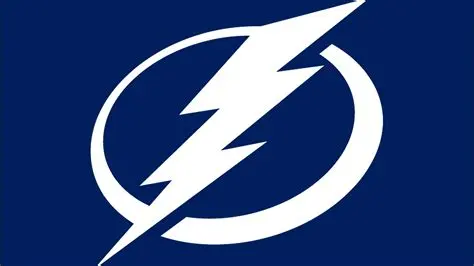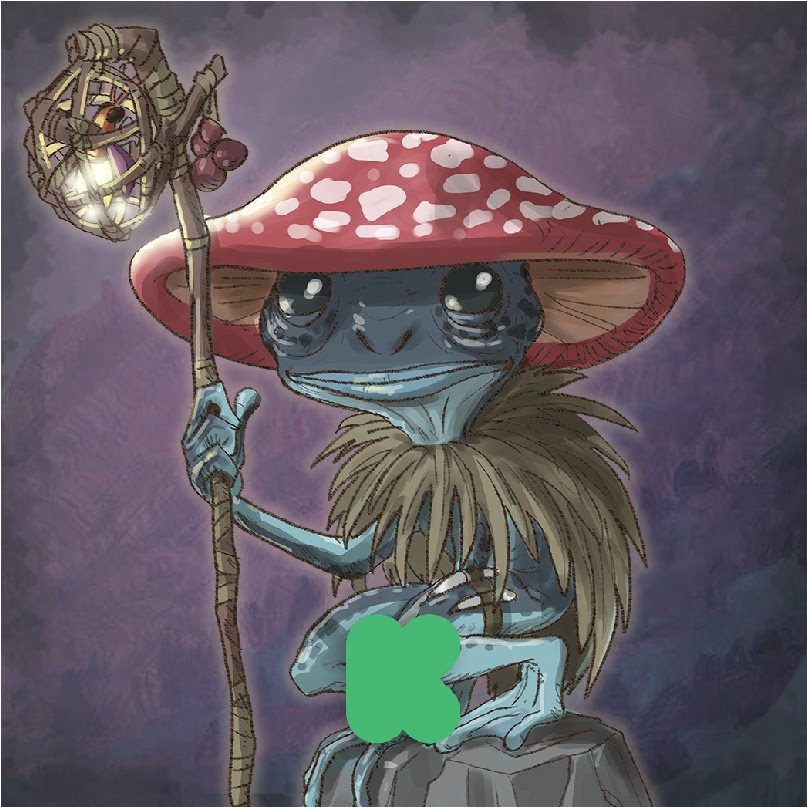inb4 “Baby, don’t hurt me.”
But for real…what do people mean when they say “I love you,” or “Do you love them?” I’m really confused by this because love seems to have such a varying definition. People say love for all sorts of things, and it seems like everyone else understands which definition they’re using in the moment. Here are some examples in which each one has a different meaning:
- I love pancakes.
- I love my mother.
- I love my romantic partner.
- I love my best friend.
- I love my career.
- I love going to the beach.
- My dog loves me.
- That couple is in love.
- Where is the love?
Background: I recently saw an episode of a show (spoiler below) where there was an adolescent heterosexual couple. The girl had a female best friend that she kissed, and is now confused about what she wants. She told her boyfriend about it. The boyfriend then asked her, “Do you love her?” What is he asking? If love means attachment and care, then clearly she does because that’s her best friend. However, since that is so clear, he’s not asking that. What is he asking??
Another specification is when people ask “Do you love them, or are you in love with them?”
I am confused by this term and the whole concept in general. I think I could really use some clarification, examples, or how to know which definition someone is going with when they use it.
Name of show
The show is Atypical on Netflix.
Loving someone means caring about them deeply. Being in love with someone means you also care deeply about them but you also can’t and don’t want to imagine your life without them. It also means they’re the only person you want to be intimate with and you’d rather not be intimate at all with anyone, if it’s not them.
At least that’s what it means to me.
It’s more a feeling than anything else, it’s very visceral, once you’ve felt it you just know what it means. It’s like those butterflies in your stomach, your heart beating fast, your breath catching in your chest.
It’s not like that for everyone and it sounds cheesy but it’s true.
🎵 Love is only a feeling 🎵
Removed by mod
Message from the whole Lemmy community: we hate you for having inb4-ed our collective standard joke answer.
Signed: everyone but you 😜
I was going to say 42.
fr lol
Don’t worry. We can still do the club dance where we bash their body back and forth between us using our chests to throw them around, making them spill their overpriced club drink!
For love as a standalone word, “value” is the most drop-in-compatible word. To say “i love you” is to say “i value you”.
The form of “in love” is a far greater mystery to me, and i usually just consider the speaker to mean something like “obsessed” or “infatuated”.
Downvote me for asking the Google Assistant (I know Lemminos despise Google), but this is what it had to say:
“Love seems like one of the most important things people can share.”
I think of romantic love as what follows infatuation, if you get there. The continued slow burn of lust, affection and respect for each other.
Friendly love is care, when you would let yourself be hurt to save a specific other person from being hurt, and are willing to be inconvenienced to do things for them, and trust enough to inconvenience them if you need something.
Agape - love, love for the world, is both easier and harder to feel. It’s easier to not be annoyed by things and people you don’t personally know, but hard to care so much about them. That universal love feeling , the joy of existence and care for the natural world is also love.
So yeah English in this regard just doesn’t have (or doesn’t use) different words for different types of love but they are different.
I think “The continued slowburn of lust,affection and respect” is highly accurate while ‘keepin’ it real®’
Ancient Greeks had a whole pile of words for love of different kinds.
Philo, eros, agape, and I can’t remember the fourth one.
Howard Jones did a pretty good song dealing with this exact issue in the 80s
It’s how we bundle together stuff we enjoy with sexual desire and sell it as moral goodness.
Removed by mod
I too don’t feel love; as in I there is not a physiological sensation that I can point to that is distinct for “love”. I know what sadness and anger feel like. I know what it feels like to disassociate from trauma. But I do not have a physical reaction to love.
I do, however, notice my attitude and behavior toward the things and people I love. I am kinder, more gentle, excited to be with, and would do just about anything for them. I prefer their company over being alone. And even if I’m mad at them, I still “love” them because I still want to be around them.
Maybe I’m weird and broken or something. I don’t know. But I used to worry that I didn’t have the capacity for love like society suggested I should. But then I realized that I do genuinely love things, even if I can’t feel it.
I have heard it said (this might help you) that love is a verb; it is an action, can be something you do more than something you feel. You can show love, without worrying about what you are ‘supposed’ to feel. Also if it helps - I am, as far as I know, pretty normal, and the feeling is not a bash you over the head certainty. It is more like a decision, in a way.
Love is when you’ll still do something even if it’s 100% not what you want to do because it’ll make them happy
You explained it all. What is your question.
I love lamp 🤷🏻♂️
I love carpet!
Found the one who doesn’t shave or trim…down there…
So no nginx for you
Baby, don’t hurt me? 🤷🏼♂️
You answered your own question. It means different things to different people at different times. To know what people mean you must use your basic language comprehension skills or ask them for clarification.
or ask them for clarification.
How do this without it being the most awkward thing ever
Baby do-oh…
Never mind.
OP is the fun police 😞









